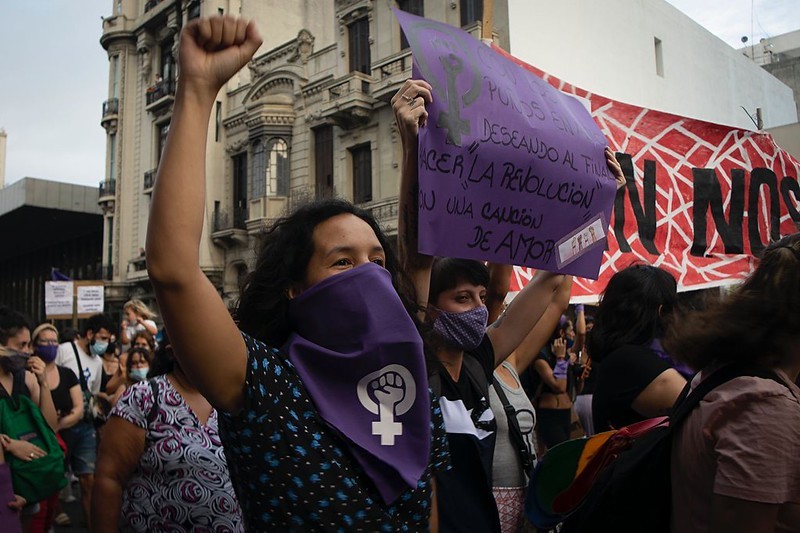The report addresses what it terms the “shadow pandemic” of femicide, loosely defined as the gender-based killing of girls and women.
At least 12 women were killed per day on the basis of their gender in the 29 countries and territories in the region, the report by the Gender Equality Observatory for Latin America and the Caribbean (GEO) of the Economic Commission for Latin America and the Caribbean (ECLAC) found.
“For 15 years, Latin American and Caribbean States have recognized the seriousness of femicidal violence and the gender-related killing of women, which has been expressed in the institutional context through the adoption of laws and protocols and the development of specific institutional frameworks,” said the report.
“Despite these advances, femicide or feminicide persists and there are no clear signs that it is declining.”
The highest rates of femicide in Latin America were recorded in Honduras, the Dominican Republic, El Salvador, and Bolivia.
In the Caribbean, Belize and Guyana had the highest rates.
The report noted factors driving the region’s femicides included a strong presence of organized crime, chronic structural violence, public insecurity and intense migratory flows.
In countries such as Chile, Paraguay, Ecuador, Peru, Uruguay and Argentina, most of the victims were killed by intimate partners.
Yet in Honduras and El Salvador, the majority of the killings were perpetrated by someone with whom the women had no intimate relationship, including strangers.
“In these cases,” said the report, “broader trends related to organized crime and social conflict, expressed through gender violence in the public sphere, play an important role.”
Additionally, child marriages are common in the region, said the report, noting that women who marry at an early age are more likely to suffer violence at the hands of an intimate partner.
“The deep historical and structural roots of patriarchal, discriminatory and violent cultural patterns, grounded in a culture of privilege, have proven among the most difficult to dismantle,” said the report. It urged governments to take action, including improving access to justice and transformative policies and funding to address the structural inequalities.



